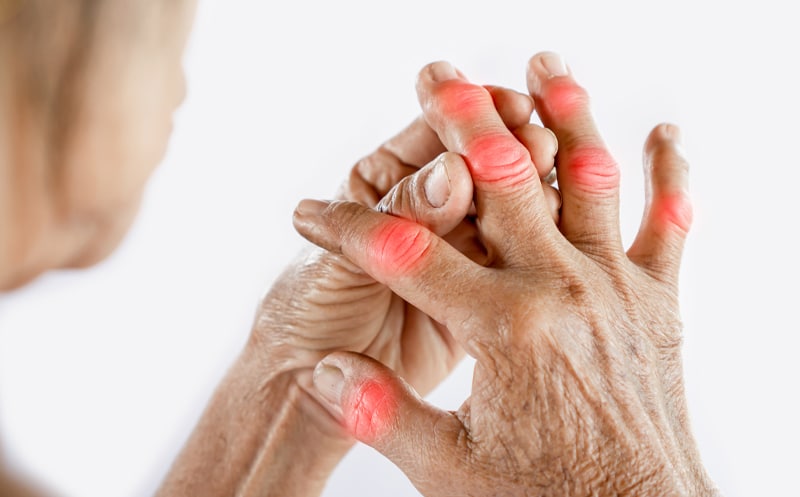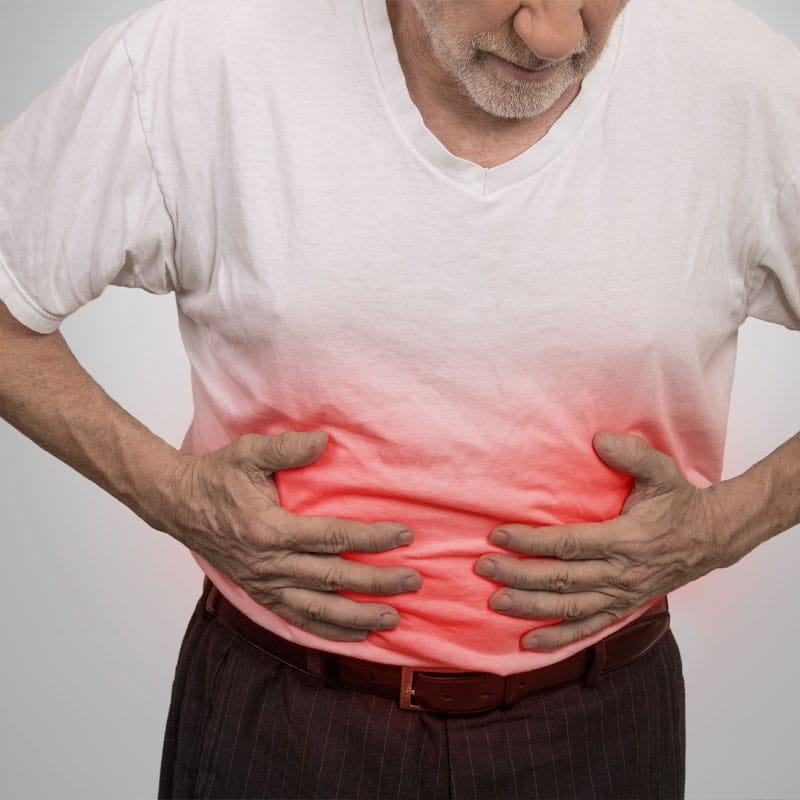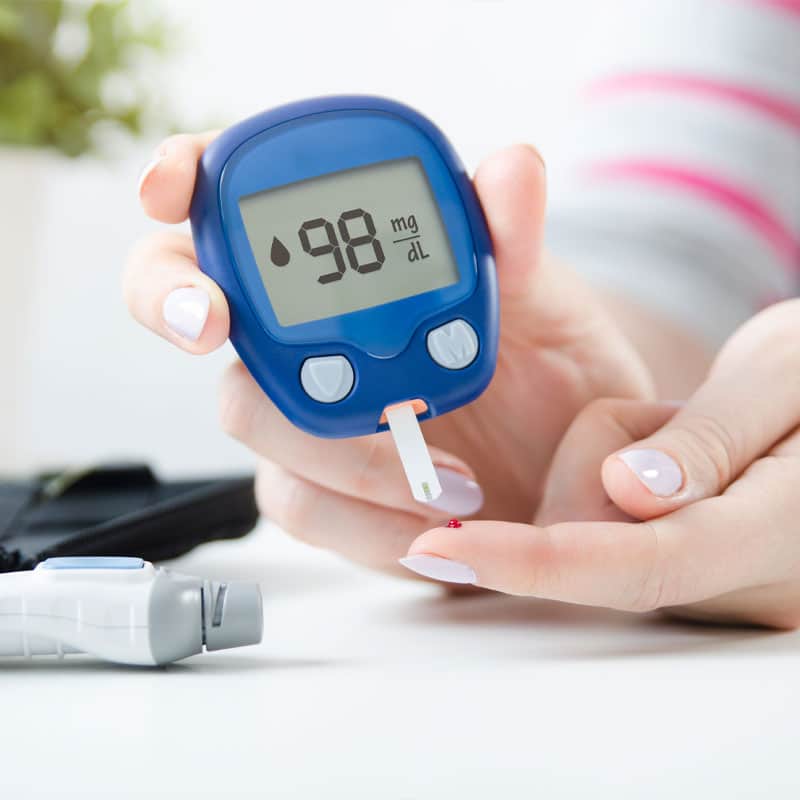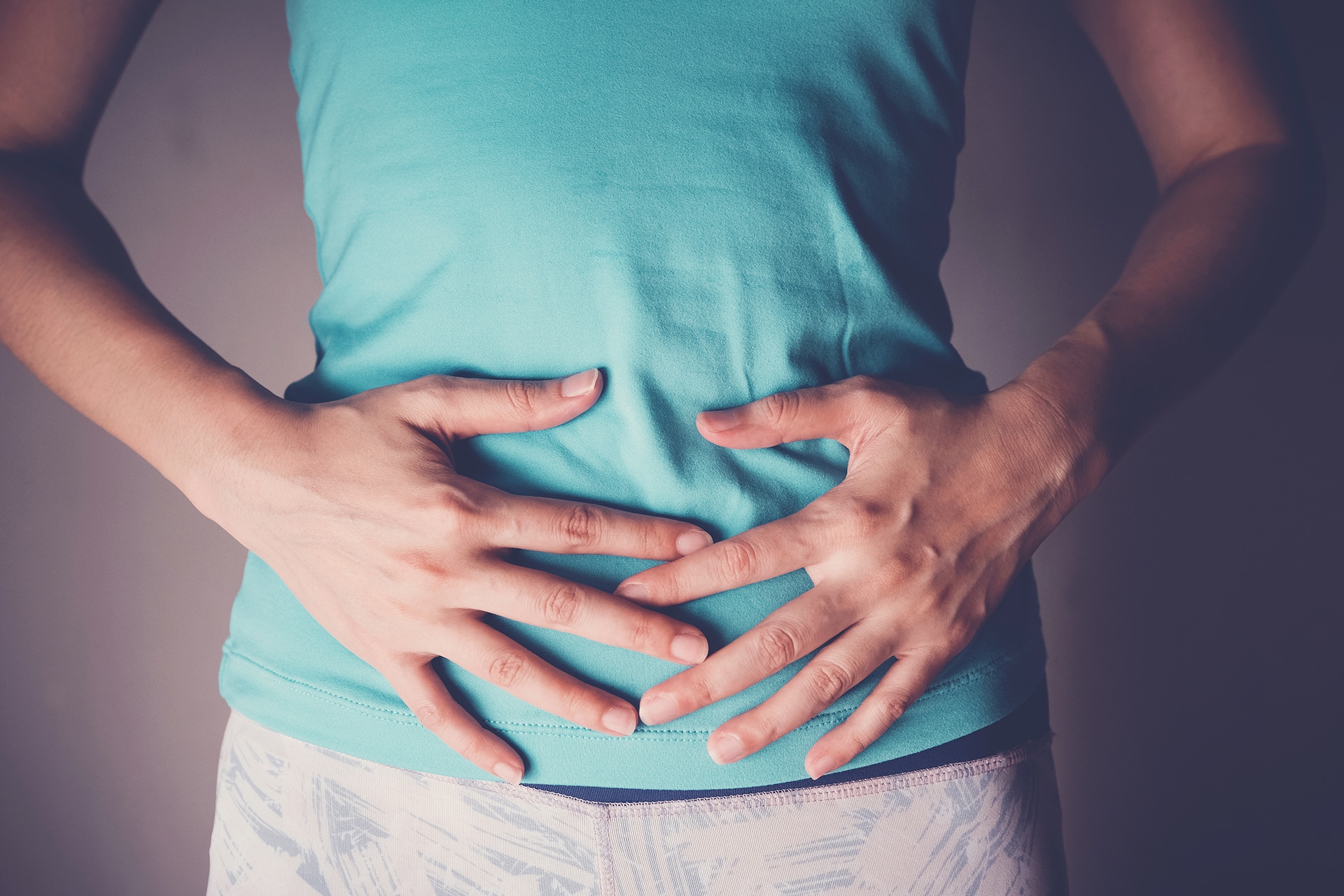index
The gastrointestinal tract is complex and can impact every system in the body. When your gastrointestinal tract is unhealthy, you can experience several seemingly unrelated symptoms like chronic headaches, abdominal bloating, and unrelenting fatigue. Because the symptoms of a leaky gut can vary, you must understand the causes of a leaky gut as well as how to heal a leaky gut. There are many steps for effective leaky gut repair, including dietary modifications, stress management, supplementation, and detoxification.
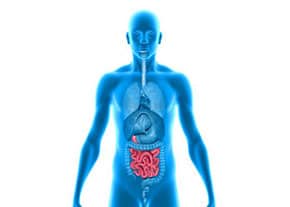
What Is Leaky Gut?
A leaky gut occurs when the lining of the small intestines becomes damaged. Bacteria, chemicals, toxins, and undigested food particles can leak through the lining, resulting in many health issues.
The lining of your GI tract contains a single layer of epithelium cells. The lining is not completely impenetrable. Everyone has small holes in the lining that allow nutrients through where they can enter the bloodstream. If these holes become more extensive, foreign substances like undigested food particles, bacteria, and toxins can enter the bloodstream.
When this occurs, your immune system activates. Because undigested food particles enter your bloodstream every time you eat, your immune system will remain activated, leading to chronic inflammation and many symptoms.

How Do You Know If Your Gut Is Unhealthy?
The symptoms of a leaky gut can vary from person to person. The most common symptoms of leaky gut include:
- Autoimmune diseases such as lupus, multiple sclerosis, etc.
- Chronic fatigue
- Digestive problems, such as bloating, constipation, diarrhea, flood retention, and gas
- Food allergies or food sensitivities
- Headaches and migraines
- Joint pain and fibromyalgia
- Mood issues, including ADHD, anxiety, and depression
- Memory issues, brain fog, concentration difficulties
- Nutritional deficiencies caused by malabsorption
- Seasonal allergies
- Skin problems like acne, eczema, and rosacea
- Sugar or carbohydrate cravings
- Thyroid problems
- Weight issues like weight gain and weight loss difficulties
Now that you understand leaky gut syndrome and its common symptoms, it’s time to find out how to repair gut health.

What Is The Quickest Way To Heal Your Gut?
Several things can impact your gut health, including an unhealthy diet, poor lifestyle choices, stress, poor sleep, food intolerances, and toxins. Making healthy lifestyle changes is the best way to aid in gut repair.
- Make Healthy Changes to Your Diet
Filling your leaky gut diet with whole foods like fresh fruits and vegetables, lean proteins, and healthy fats provides your body with essential nutrients to repair gut health. Additionally, whole foods contain antioxidants that help detoxify the body and promote optimal digestion. Increasing fiber will help encourage healthy bacteria to begin proliferating the digestive tract, aiding healing and digestion. Green leafy vegetables like spinach, Swiss chard, kale, peas, avocados, and leeks are some of the best foods to increase healthy bacteria.
- Ensure You Are Getting the Recommended Amount of Exercise
Many people are surprised to learn that exercise can help heal the digestive system. Studies have shown that walking a mere 15 to 20 minutes after meals can aid digestion. When you exercise, your gut motility improves, thus reducing the risk of inflammation. For best results, seek to get at least 30 minutes of moderate-intensity exercise daily.

- Drink Plenty of Water
Proper hydration is essential to a healthy gut. Drinking plenty of water helps the body eliminate toxins. According to the Mayo Clinic, men should consume about 15 cups of fluids, and women should consume about 11 cups of fluids each day. Several things can influence the amount of fluids needed for optimal health, including exercise, the weather, the environment, and overall health.
- Reduce Medication Usage
Medications are great when you need them; however, they do not come without problems. Taking nonsteroidal anti-inflammatory drugs, steroids, and antibiotics can damage your digestive tract. NSAIDs can cause bleeding in your intestinal tract and can slow down leaky gut repair. Antibiotics can kill both the good and bad bacteria in your digestive tract, reducing immunity and digestion. Finally, steroid medications suppress the immune system and increase the risk of systemic inflammation.

- Take a Probiotic Supplement
Probiotics are living organisms found in the digestive tract. Probiotics support digestion, immunity, and nutrient absorption. Taking a probiotic supplement along with eating fermented foods like sauerkraut, yogurt, kimchi, and kefir can help with gut lining repair. When choosing a probiotic supplement to help heal your leaky gut, you want to choose one with several different probiotic strains. A probiotic that contains Bifidobacterium longum, lactobacillus rhamnosus, and Saccharomyces boulardii helps to repair leaky gut. You should consult your functional medicine clinician before taking any supplements
- Healthy Protein Consumption
Increasing your consumption of healthy proteins can help improve the lining of your small intestines. Glutamine, an amino acid found in fish, dairy products, chicken, rice, tofu, lentils, and beans, is an essential energy source and helps boost your immune system to heal the damaged tissues in your digestive system.

- Avoid Trigger Foods
Do you suffer from the symptoms of a leaky gut? If so, chances are your diet has played a role in the development of this gastrointestinal disorder. It can be challenging to identify which foods may have led to this issue; however, eliminating the common trigger foods can help heal your gut. The most common foods associated with GI disturbances are processed, sugary, pre-packaged, canned, and cured foods. Removing these foods from your diet will help quickly heal the leaky gut.
- Vitamin D
Vitamin D deficiency is associated with increased gut lining permeability. To help protect your GI health and heal your leaky gut, ensure you are getting enough vitamin D. Your body naturally produces vitamin D when exposed to sunlight. To increase your vitamin D levels naturally, sit in the sun without sunscreen for 15 to 20 minutes or until your skin turns pink. Additionally, taking a vitamin D3 supplement can help repair the leaky gut.

How Do I Know My Gut Is Healing?
Knowing if your gut is healing can be challenging, so you must remain committed to the gut healing protocols. After you have been following the instructions on how to repair a leaky gut for at least 30 days, you will begin noticing the symptoms of a leaky gut begin to diminish or vanish entirely. Here are the signs to watch for:
- Digestive Issues Begin to Ease
The most common symptoms of a leaky gut are digestive issues like heartburn, bloating, acid reflux, gas, and constipation. As your digestive system begins to heal, these are typically some of the first symptoms to diminish.
-
- Food Sensitivities Resolve
Many individuals suffering from leaky gut have several food sensitivities. When undigested food escapes the GI tract and enters the bloodstream, several issues can occur, including digestive disturbances, brain fog, headaches, fatigue, and mood issues. As the gut begins to heal, these symptoms will start to resolve.

- Skin Clears
A leaky gut is associated with skin issues like acne, dandruff, rosacea, eczema, and rashes. When the gut begins to heal, many of these skin issues subside. Many people report that once their gut heals, their skin issues completely reverse.
- Overall Health Improves
Dealing with a leaky gut impacts every area of life. As your leaky gut heals, so will your overall health. Your energy levels and vitality will return, your mood will stabilize, and your concentration, memory, and mental clarity will improve. Your ability to lose weight may return, allowing you to reach your ideal weight.
How Long Does It Take to Repair Leaky Gut?
There is no set time to repair a leaky gut. The length of time you have been suffering from it, your overall health, and the symptoms you have been experiencing all play a part in how long it will take to heal. A leaky gut will not heal overnight. It will take making lifelong healthy changes to your diet and activity level, taking supplements, and reducing your use of medicines, alcohol, processed foods, and toxin exposure.
Are You Ready To Fix Your Gut Naturally?
Are you ready to begin your journey toward leaky gut repair? Our 5R gut protocol program helps heal your gut naturally. Our team of caring doctors and staff understand how important it is to maintain a healthy digestive system. They may recommend healthy lifestyle changes to help balance your life and improve your gut health.





